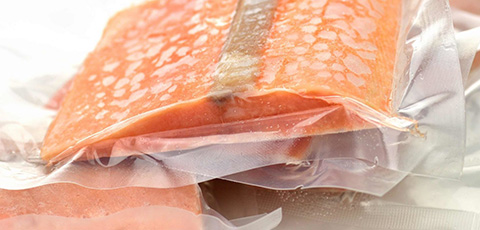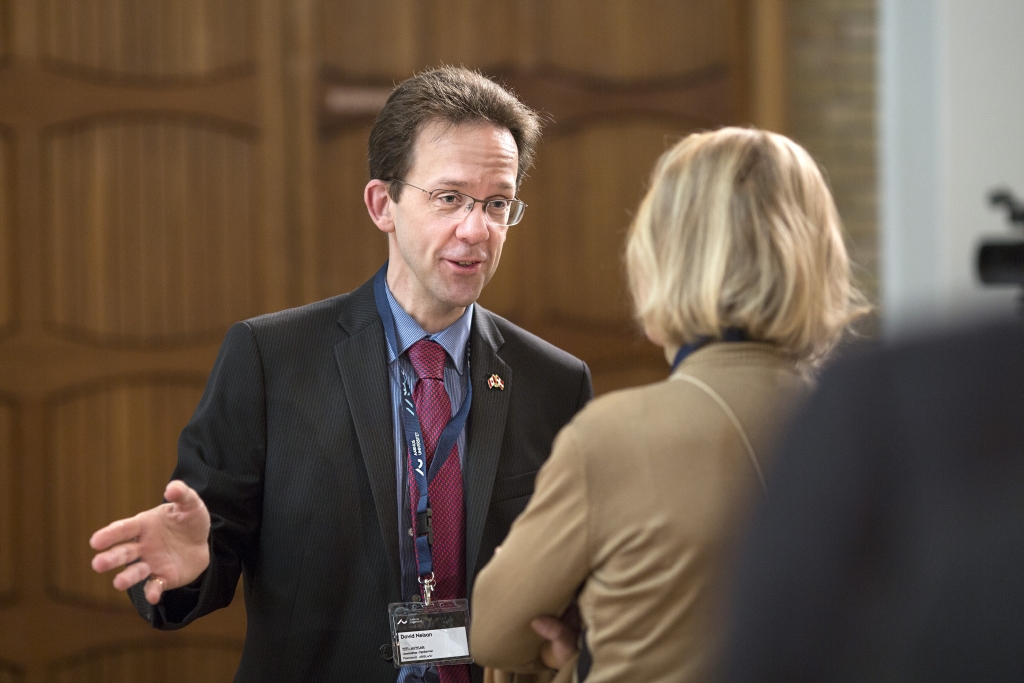Aarhus BSS to measure acceptance of new advanced packaging technology
Researchers from Aarhus BSS’s MAPP Centre at the Department of Management are participating in a large European project, which will develop and test a new type of food packaging made from natural, nanotechnology-based materials.

NanoPack is a large international consortium with 18 partners from 11 countries which, has just been awarded EUR 7.7 million (approx DKK 58 million) from the EU to develop the new type of packaging.
The packaging aims to prevent food from spoiling quickly, thereby increasing food safety and reducing food waste.
NanoPack is coordinated by Technion - Israel Institute of Technology. Together with Arla Foods, the National Research Centre for the Working Environment and DHI, MAPP Centre at Aarhus BSS are the Danish partners in the project.
“Our job is to do the market analyses necessary for knowing how the new packaging technology should be communicated to the industry, the retail trade and the consumers,” says Associate Professor Polymeros Chrysochou, MAPP Centre, Aarhus BSS.
The food packaging consists of a familiar plastic film, the surface of which contains natural antimicrobial materials that prevent food products from spoiling during transport and in the supermarkets.
“In the end, it should result in consumers experiencing greater food safety and improved food product quality. Among other things, the technology has the potential on organic foods as it can increase their shelf life in a natural way,” says Polymeros Chrysochou.
Keeping in mind the lessons learned from e.g. the debate on genetically modified foods, the MAPP researchers’ primary task is to identify the market for the new packaging type as well as consumer behaviour in connection with introducing the packaging.
“After all, there’s a risk that the product might be seen as non-natural or even toxic, and we have to take that into account. It is also important that the product is actually eco-friendly, sustainable, safe to produce on a large scale, etc.,” explains Polymeros Chrysochou.
For this reason, the MAPP researchers plan to conduct their market analyses in five countries: Denmark and Ireland in Northern Europe, Italy and Spain in Southern Europe, and China.
“The Chinese market is interesting because it’s a very large export market. Also the Chinese markets are more open to new technologies, whereas the European consumers are probably more sceptical,” says Polymeros Chrysochou.
For further information:
Associate Professor Polymeros Chrysochou,
The MAPP Centre, Aarhus BSS:
T: +45 27 97 52 43
